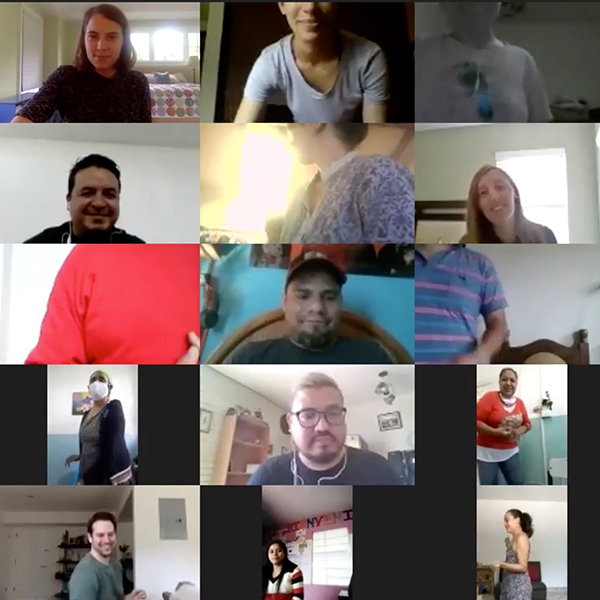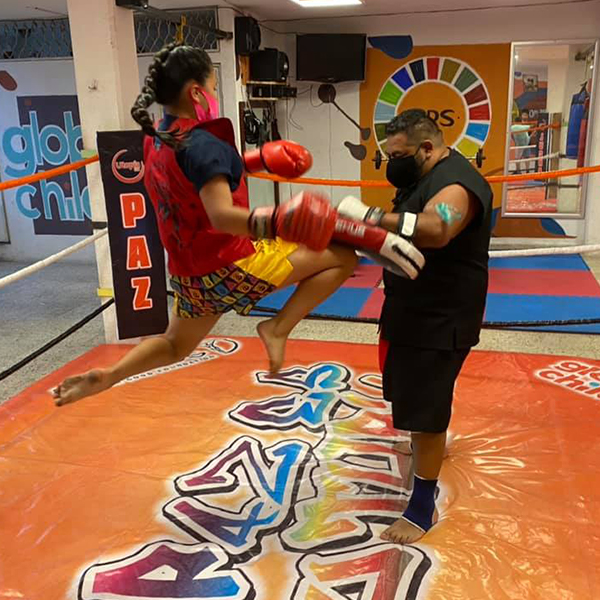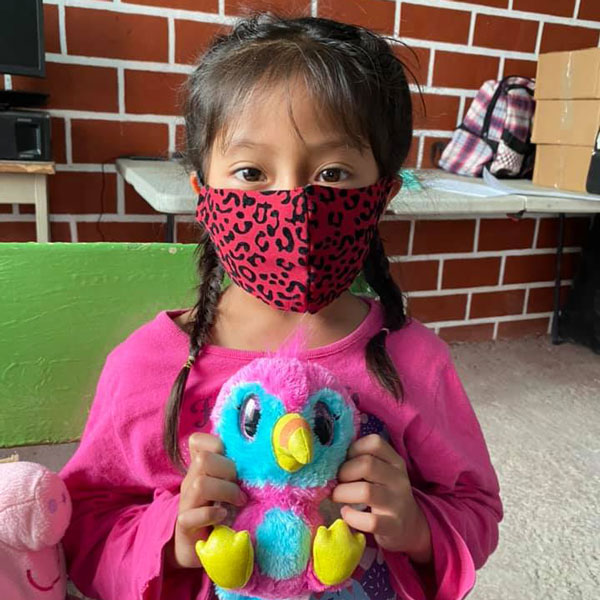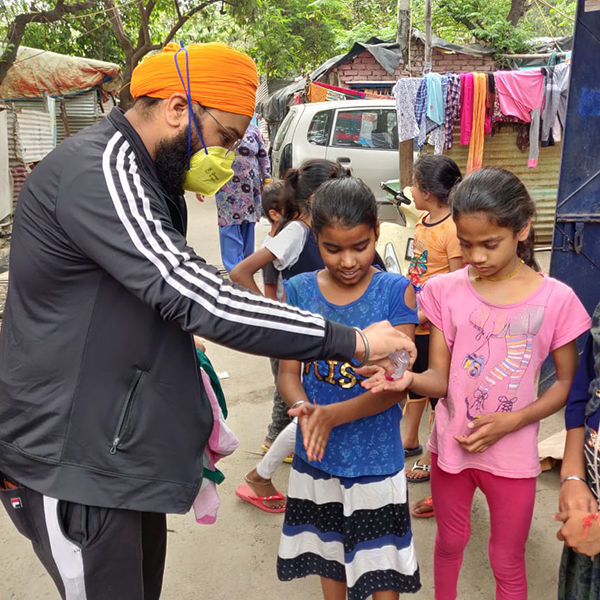Recommended Stories Read All

Africa & The Middle East, Asia, Europe & Eurasia, The Americas

The Americas

Africa & The Middle East, Asia, Europe & Eurasia, The Americas

Africa & The Middle East, Asia, Europe & Eurasia, The Americas
Karen: FSC is a global network of grantmaking organizations that are committed to building a world where organizational cultures and practices keep people safe from harm. It is designed to promote collaboration, listening, and learning among funders and organizations to support and strengthen safeguarding practices globally.
Hayley: FSC started as an effort to address the gap between safeguarding standards created in the Global North and the realities in communities in the Global South where those standards are often implemented. FSC began as a result of collaboration between three safeguarding professionals, including me, who wanted to shift power in the way safeguarding is carried out. We felt it was important to create more spaces for leaders and organizations from the Global South to participate in conversations about safeguarding and to shape safeguarding standards.
Not only that, but there was also a gap in creating and holding space for safeguarding staff within grantmaking organizations. This role is often held by one person as an add on to their day-to-day role and there is little support for them. FSC has created a safe space to fill that gap with members who can connect online and support one another.
FSC officially launched in March 2021 and has grown quickly since then. It currently has more than 35 members, including the founding members: Comic Relief, GFC, The National Lottery Community Fund, Oak Foundation, and Porticus.
Karen: FSC achieves change through three mutually reinforcing strategies: connecting, supporting, and investing. FSC connects funders to the wealth of knowledge and expertise that already exists and promotes alignment around best practices. We offer a range of flexible, fee-based support, tailored to the specific needs of grantmaking organizations. We also provide opportunities for members to invest in evidence-informed initiatives to improve safeguarding practices globally.
Karen: FSC offers a broad range of flexible support so that members can choose the type of engagement that feels most useful and appropriate for them. We promote peer-to-peer learning by facilitating webinars and discussion forums, and we have created a resource library tailored to the needs of funders.
We recognize that sometimes, the support that funders need is as simple as being able to talk to someone who understands safeguarding from a funder perspective. Members can therefore contact our Ask Any Time Advice Service as well as discussing common challenges and approaches with peers through our community of practice for safeguarding leads.
We are continually developing our services based on the needs of our members and will continue to evolve and adapt as we learn more about the types of support funders really need.
Karen: Until recently, the role of funders in safeguarding had received relatively little attention as most funders have very limited contact with children and other groups that may be at risk of abuse. In recent years, however, there has been increasing recognition that funders can have a significant impact on safeguarding through the requirements they place on grantees and by providing funding to strengthen safeguarding within organizations.
We have facilitated a series of events to explore how best to support funders to make a positive contribution to keeping people safe. What we found was that funders wanted to do the right thing, but many were struggling to figure out how to achieve this as there is so little tailored safeguarding support for grantmaking organizations. FSC aims to address this need.
Hayley: GFC currently houses FSC and our teams support Karen with FSC operations. We envision that, with GFC’s support, FSC will set out on its own as an independent entity in the future.
Hayley: It feels like a completely natural fit for FSC to sit within GFC. Our mission is to ensure children are safe, strong, and valued, and we do this by providing flexible funding with a trust-based philanthropic approach. This approach is perfectly aligned with FSC’s core values – trust and creating a world where people are safe.
Hayley: Our approach to safeguarding is similar to our other capacity development work with partners. We trust them to know their community and environment far better than we do. We also believe that policies are only a tiny part of creating safe cultures, and that there is no “one size fits all” when it comes to safeguarding. We listen to our partners and the difficulties they are facing – particularly youth-led groups that have very different, and sometimes radical, approaches to safeguarding. We see the opportunity to learn from our partners and share their approaches more widely with our global network. We aim to influence change in the way safeguarding is managed and viewed by other organizations, some of which miss the unique ways different groups are keeping people safe.
Karen: At present, most of the standards and best practice guidance around safeguarding have been developed by coalitions of international agencies based in the Global North. While these are valuable tools to support, it is impossible for international standards to adequately take into account the strengths and challenges that exist in different geographical and organizational contexts.
In addition, we know that the organizations that are working with communities every day have invaluable knowledge about what works to keep people safe but that this expertise is not always recognized within the international debate on safeguarding. This pilot aims to foster existing good practice by providing small grants to networks and community-based organizations in Uganda to articulate and strengthen locally developed approaches to keeping people safe. The knowledge generated by this initiative will be shared with the FSC network and the sector. We hope that it will help shift the locus of expertise away from the Global North by recognizing and valuing the knowledge and positive practices which already exist in other contexts.
Hayley: One day, we hope FSC will be a stand-alone, registered organization, with members all over the world. It will provide flexible grants and resources to local, community-based groups to invest in their approaches to keeping people safe.
Header photo: GFC Regional Capacity Development Specialist Amé Atsu David leads an activity with grassroots organizations in Liberia and Sierra Leone that are working to end violence against girls.




Global Fund for Children (GFC) UK Trust, created in 2006, is a UK registered charity (UK charity number 1119544). We work to generate vital income, create new fundraising opportunities, and raise awareness of the invaluable work of GFC’s grassroots grantees. Our aim is to extend the reach of GFC in the United Kingdom, Europe, and beyond.
Contact
Work.Life, 4 Crown Place
London EC2A 4BT